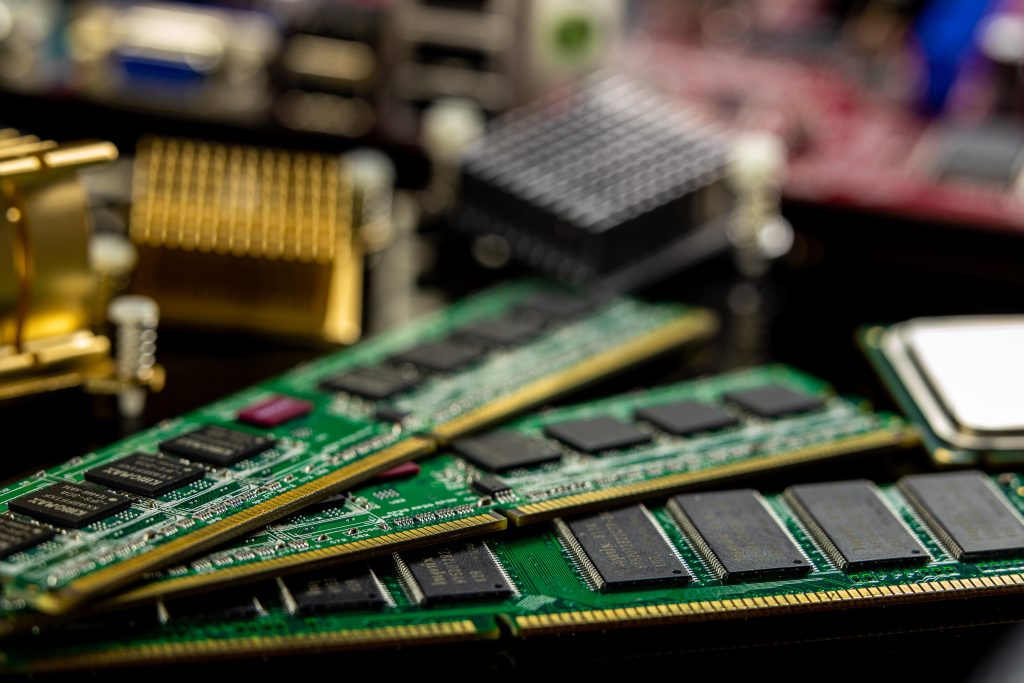
SBL
in Real Life: Navigating the Impact of Technological Advancements and
Government Policies in China on Global Competition
Strategy
plays a big part in the SBL syllabus, and two critical elements that students
need to consider are environmental analysis and strategic options. As the SBL
exam is practical and business-focused, it is essential to consider how these
tools can be applied in the Global market.
This article focuses on the recent news that China
has partially banned the iPhone and successfully created a new processor. Both
events have an impact on Global companies. We examine these changes from a
PESTEL analysis perspective and focus on strategic options to address the
changes.
Government
policy USA ( Political environment)
In
the fast-paced world of global business, the intersection of technology
development and government policies can create seismic shifts in the
competitive landscape. A prime example occurred on October 7, 2022, when the
U.S. government imposed restrictions on the export of chips incorporating U.S.
technology to a range of Chinese companies, including those engaged in military
and surveillance technology.
The sanctions are part of a broader effort by the United
States to slow China’s technological development and as seen as a way to
protect American jobs in the semiconductor industry.
Innovation in China ( Technology environment)
Huawei,
a global smartphone giant, defied these restrictions by unveiling its
groundbreaking Kirin 9000s chip, which promises to reshape the industry.
Crafted by Huawei’s semiconductor subsidiary, HiSilicon, this chip marked a
milestone as the first to employ the cutting-edge 7-nanometer manufacturing
process.
The
U.S. sanctions had initially placed Huawei in a precarious position as it
struggled to source chips from American suppliers. However, the Kirin 9000s
chip has breathed new life into Huawei’s prospects, potentially allowing it to
circumvent this challenge.
Government
policy (China) Political environment
Recent
reports suggest that the Chinese government is instructing government officials
and state-owned enterprise employees to refrain from using iPhones. While the
rationale remains unclear, speculations centre on national security and data
privacy concerns. The Chinese government has a history of
restricting its officials’ use of foreign technology.
In 2020, it banned the use of Zoom by government agencies,
citing security concerns. And in 2021, it ordered government officials to stop
using Microsoft’s Teams platform This iPhone ban
could reverberate negatively through Apple’s financial statements and impact
U.S. companies that supply components to Apple.
These
developments spotlight the escalating tensions between the U.S. and China,
casting a shadow over global companies, with continued ramifications
anticipated.
Impact
of Environmental Threats on Global
Companies in the Sector:
·
Apple: Apple’s stock prices plummeted by over 6%
following the news of the iPhone ban in China, translating to an estimated
revenue loss of up to $10 billion.
·
TSMC: Taiwan’s semiconductor juggernaut, a critical
supplier to Apple and other tech giants, saw its shares dip by more than 5% in
response to the iPhone ban.
·
Qualcomm: A U.S. chip manufacturer serving Huawei
and other Chinese companies saw its shares fall by over 3% in the wake of
Huawei’s chip revelation.
·
Corning: The U.S.-based glass manufacturer of
iPhones witnessed a more than 2% drop in its stock prices post the iPhone ban
news.
·
Intel: As a significant chip supplier to various
companies, including Huawei, Intel’s shares dipped by more than 1% after
Huawei’s chip announcement.
While
the full extent of these developments remains uncertain, it is evident that
they will exert a detrimental influence on numerous global corporations.
Beyond
the specific cases outlined above, there are additional ways in which Global
companies grapple with the consequences of Huawei’s chip breakthrough and the
iPhone ban. These include the disruption of investment decisions due to
heightened uncertainty and difficulties in attracting and retaining talent
amidst concerns about job security amid escalating U.S.-China trade tensions.
Strategies
for Adapting to Environmental Changes:
Global
companies facing this shifting landscape must adopt strategies tailored to the
evolving environment. The SBL exam highlights several frameworks that provide
potential solutions, one of which is Ansoff’s Growth Matrix:
1.
Penetration stategy:
Apple
and Corning should reduce their dependence on the Chinese market by exploring
alternative buyers for components, materials, and products in their domestic
market.
2.
Product Development:
Invest
in research and development to create innovative technologies that surpass
Huawei’s Kirin 9000 chips, through new chip designs or cost-effective
manufacturing methods. This could give the current player a significant cost
and quality advantage over China products.
3.
Market Development:
Forge
partnerships with countries not subject to the same trade restrictions as
China, potentially expanding into new markets or collaborating with foreign
companies. Lobby the U.S. government to seek resolutions in the U.S.-China
trade dispute, including the possibility of a trade agreement to alleviate
tensions.
In
a world where technology and geopolitics are increasingly intertwined, global
companies must navigate these challenges with adaptability and foresight to
remain competitive internationally. In the SBL exam, you may need to analyse
the environment and generate new strategies for a company, so always consider
the impact of business change and how it can affect organisations.
Copyright © 2025 martywindle.com